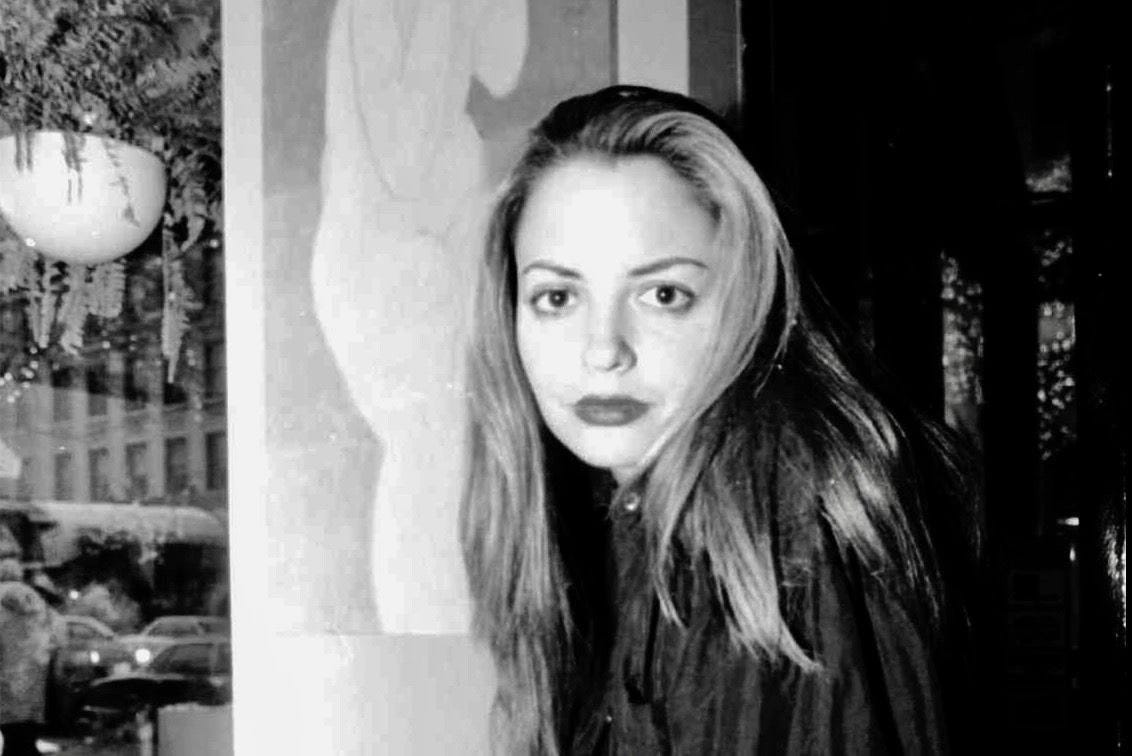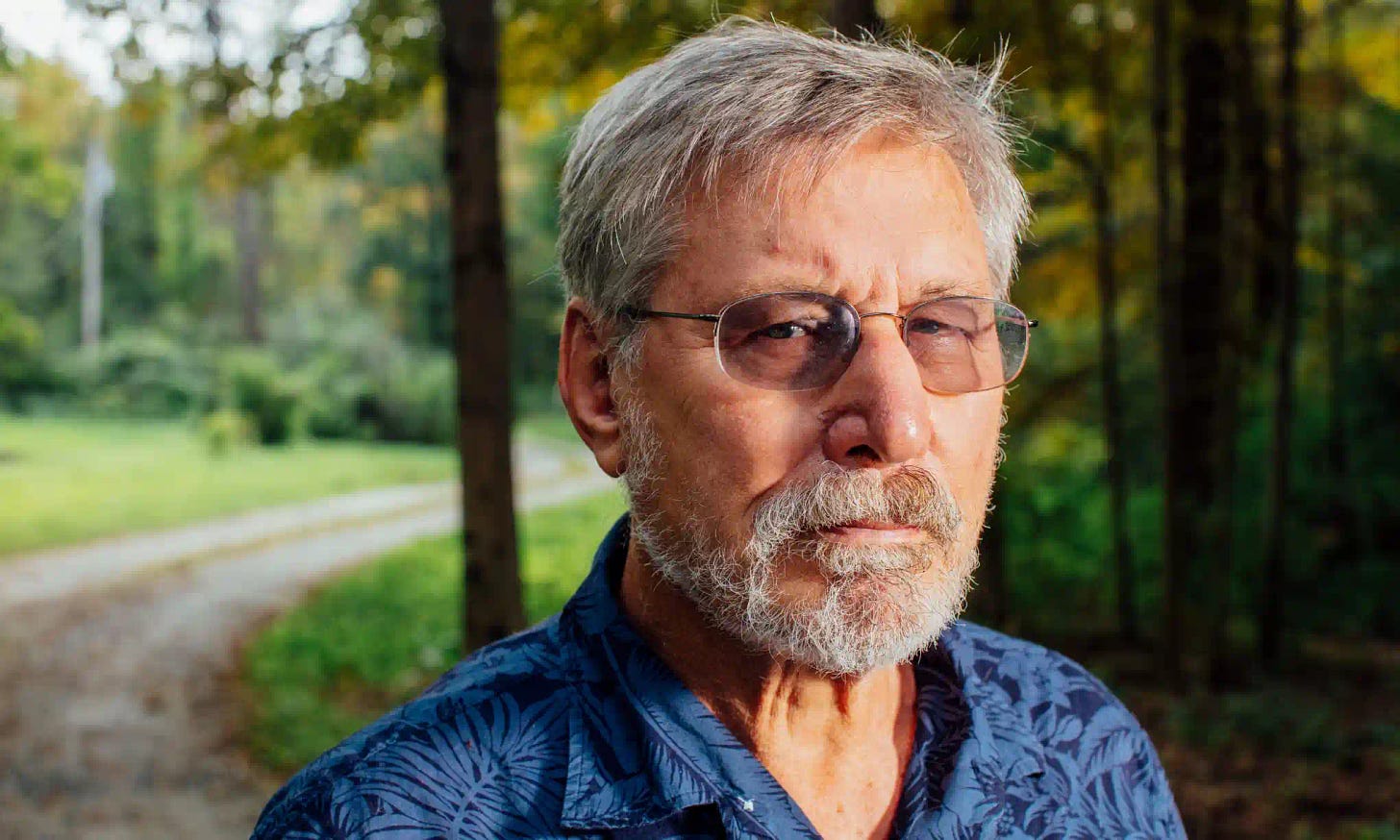Dear Friends,
I’m sharing the ‘Experience’ piece of the week. These are somewhat free-ranging essayistic pieces rooted in personal experience - this one an attempt to think through how various models of brain chemistry and depression have affected understandings of art and of the self in my lifetime.
Best,
Sam
ON DEPRESSION AND THE BLUES
Of all the articles I’ve written about in the Commentator and Curator sections for Castalia, the one that most got to me was about a Molecular Psychiatry paper on depression - eliminating the consensus, which has held as long as I’ve been paying attention, that depression is a ‘chemical imbalance.’
When the Molecular Psychiatry paper came out, the medical industry rushed to insist that it was no big deal - actually, scientists had known for a long time that the chemical imbalance theory didn’t really hold (they just hadn’t bothered to inform the public; and oh, by the way, the chemical imbalance theory aligned perfectly with the interests of pharmaceutical companies selling SSRIs).
Neither the admission that serotonin levels had no demonstrated correlation to depression, nor the quiet acknowledgment that the psychiatry industry had known for decades of that lack of correlation, had any impact on business-as-usual. “The chemical imbalance theory of depression is dead - but that doesn’t mean antidepressants don’t work,” wrote Christopher Davey a bit dizzingly in The Guardian. In other words, these things work - for no reason that we know of - so why fix it if it ain’t broke. And, actually, I don’t really have an argument with that - I’ve seen the mental states of my depressed friends change overnight, as if watching a cloudy sky clear up, when their psychiatrists found the right pharmaceutical cocktail for them. I can’t take that away and I’m nowhere near knowledgeable enough to suggest some different mode for treating ‘clinical depression’ than the SSRIs.
But I take seriously the injunction of Joanna Moncrieff, the lead author on the Molecular Psychiatry paper, that the reductive chemical imbalance paradigm needs to be retired, that we need a more holistic method for thinking about depression - and the implication, immediately, is to no longer think about depression in bifurcated terms, to divide between those who have ‘clinical depression,’ who are irredeemably depressed and need medication presumably for the rest of their lives; and those who are ‘normies’ and might have the blues or ordinary sadness but are not within the domain of the d word.
But if - as science is now discreetly saying - we don’t know what ‘depression’ is, and the clinical model of it never withstood serious scrutiny, then that division is invalid, and depression is available, to some degree, to all of us.
This model - closer to an argument based on lived experience rather than intrinsic brain chemistry - brings us much closer to common sense and the ways in which people in the pre-psychiatric era thought about sadness and depression. Basically, bad things happen to us and we get incredibly unhappy. People are ‘heartbroken’ or ‘lovesick,’ people are ‘floored by grief,’ people have setbacks in their careers or their social relations that trigger feelings that anybody would recognize as ‘depressive.’
All of that is obvious enough, but it runs counter to the prevailing consensus that I experienced throughout my life. This was a sort of medical determinism, an emphasis on ‘nature’ over ‘nurture,’ a belief that certain people, usually by virtue of their genetic inputs, were afflicted with depression, and any actions that they took in their lives - a successful career, a working relationship, whatever it was - would be insufficient to affect the underlying depression, which was treatable only, really, through powerful pharmaceuticals that altered the brain chemistry and produced a different ‘baseline.’ This division - which has its interesting parallels to Calvinist predestination - tended to divide the world into ‘normal’ and ‘abnormal’ psych. The borderline between those two always seemed to be suspiciously muddy, but, basically, it boiled down to the idea that those with ‘normal psychology’ need not take up the time of the medical industry, that they were ok, and any sorrows that they had would improve on their own; while those with ‘abnormal psychology’ became, essentially, wards of the medical and pharmaceutical industries, in need of constant and never-ending intervention.
This sense of bifurcation was disseminated by the scientific mainstream, and seized upon by educators (the idea was that there was ‘everybody’ and then there were those with ‘special needs’ or who saw the ‘guidance counselor’ or needed ‘extra help’ and required a very different, hands-on approach to getting through their development), and the divide became, interestingly, a point of pride for those who were in the category of being ‘abnormal’ or ‘different.’ I remember distinctly the rush of confidence of certain of my high school and college friends whenever the subject of mental health came up - the way that those who had depression, had some kind of a ‘condition,’ would brandish their diagnoses as the clincher of the argument: they knew what they had, their therapists and psychiatrists knew it too, and the ‘normies’ making their hippieish arguments against the overmedicated society, etc, simply didn’t know what they were talking about. Looking back, a tremendous amount of the cultural expression of the time I was growing up - emo, goth, alternative, etc - was a way of talking about this sense of a hard-and-fast bifurcation. Those who were different took - at least within the context of their art - a great pride in being intrinsically different. And those who felt themselves to be just sort of weird created personae (much of the goth movement, in particular, was about this) that were tributes to those who were truly depressed or ‘abnormal,’ to people who were on the far shore of the psyche. So much of the music of the time - we’re speaking, roughly, of the ’90s - was an attempt to play at being truly different, truly twisted, etc, and art criticism, the endless debates about what was ‘punk,’ for instance, pitted those who were intrinsically fucked-up, truly punk, etc, against the emo types, the fanboys, posers, wannabes, etc, who were just pretending.
If that was the ethos of the ’90s - of the Prozac era - a slightly different sensibility started to emerge in the last decade or so. If the purist position of depression-as-chemical-imbalance implied that neurology was fixed from birth, entirely a function of nature, the conviction of the psychologists pushed the dial back a bit towards nurture. Trauma became the key word and, alongside immutable neurology, the sharpest way to differentiate within the population. A couple of years ago I was going through some difficult issues and, for the first time, visited a therapist. I explained what was happening in my life, the therapist heard me out and said, as her first question, “Have you had trauma?” The tone in her voice - at least as I interpreted it - was that if there’s trauma then you’re on one side of the fence, in the realm of abnormal psych, and we’ll have to deal with that, and if there’s no trauma then, basically, you’re fine, or at least outside of the realm of professional psychology, you just have life problems and will return to baseline soon enough. As theory, it seemed to be an extension of neurochemical purism but with some Lamarckian allowance made for traumatic events within a person’s life - an idea that extreme-enough events could reshape brain chemistry. Bessel van der Kolk’s The Body Keeps The Score was sort of the high water mark of this perspective.
But, during Covid, and particularly the awful winter of 2020, everybody seemed to notice collectively that mental health operated a bit differently from any of the reigning paradigms. Simply put, everybody was depressed, everybody needed counseling. The depression - and the word was bandied about much more freely - had nothing to do with some sort of underlying brain chemistry or with childhood trauma. It was a direct response to a situation. People were isolated and it took a terrible toll on their mental health. As, for instance, a recent New York Times article put it, the pandemic changed personalities.
The pandemic put into collective form something that should have been obvious - that mental health wasn’t really such a rarified sort of thing, that the bifurcation between ‘normies’ and ‘abnormal psych’ did a disservice to everybody. The reality was that certain ‘chronic conditions’ could be dealt with by viewing them as no big deal, by letting life and time do the healing, while those without diagnoses could also experience acute and terrible suffering. Something about the Moncrieff paper really hit this home for me - the feeling that this sense of bifurcation probably never should have existed to begin with; that the scientific community was less than honest when it insisted, without proper evidence, that measurable elements of brain chemistry determined lifelong mental states. And this summer, when I really hit a crisis in my life, it wasn’t as difficult as it might have been previously to reach for the word depression. ‘I’m depressed,’ I’d say to myself, and it actually was a useful route to getting through a difficult time. It didn’t mean that I had a chronic condition but I wasn’t short-selling what I was experiencing; the word somehow freed itself from its psychiatric apparatus and became just a descriptor of a momentary state. If the depression of the ’90s, and the era of bifurcation, aligned with emo, goth, punk, the depression that I was experiencing was much closer to the blues - a sense that it was a universal condition, that it came for everybody at one time or another, was, actually, a badge of adulthood, and that there was a way to work with it, not just ‘treat it’ or ‘heal from it,’ but find the beauty in it, see what it illuminated about the self.







Thanks for this. Because depression has been talked about for so long as something chemically different and distinct from “just the blues,” I’ve never felt like I could use the “D word” to describe my own mental state. Somehow it felt like trespassing, or as if I were insulting those who had “real” depression. It’s nice to know that I can describe myself as depressed when that’s precisely what my mental state feels like, even though I know it’s transitory. It’s still miserable while it lasts, but it’s also liberating to think of depressive feelings as being on a continuum rather than a condition that you either have or don’t have, forever.